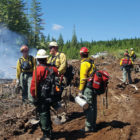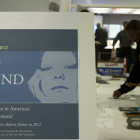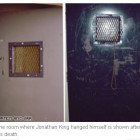
In recent years, juvenile justice advocates, lawyers, policy-makers, and reformers have increasingly sought to raise awareness of the American phenomenon of the “school-to-prison pipeline.”
The term refers generally to the process in which substandard public schools fail to provide adequate support and resources for at-risk children and their families, resulting in high drop-out rates and ultimately leading to court-involvement, detention and incarceration. More specifically, the term refers to the pattern in which students who have committed school-based wrongdoing — whether by pushing another child in the hallway, taking a pencil from a teacher’s desk, or disrupting class — are summarily arrested, charged with violating a criminal offense, and prosecuted in juvenile delinquency court. After a judge finds them delinquent, youth are then placed on probation and court-ordered to comply with a long series of conditions, typically including that they not be suspended (or not be suspended again) from school. In many jurisdictions when a juvenile on probation is suspended — even for a minor infraction at school — the consequences of the violation may include incarceration in a detention center. Research has shown that youth who are disproportionately impacted by the school-to-prison pipeline are likely to be those who are already the most vulnerable: low-income students, children of color, English language learners, youth in foster care, students with disabilities (whether physical, psychological, or developmental), and homeless children.







